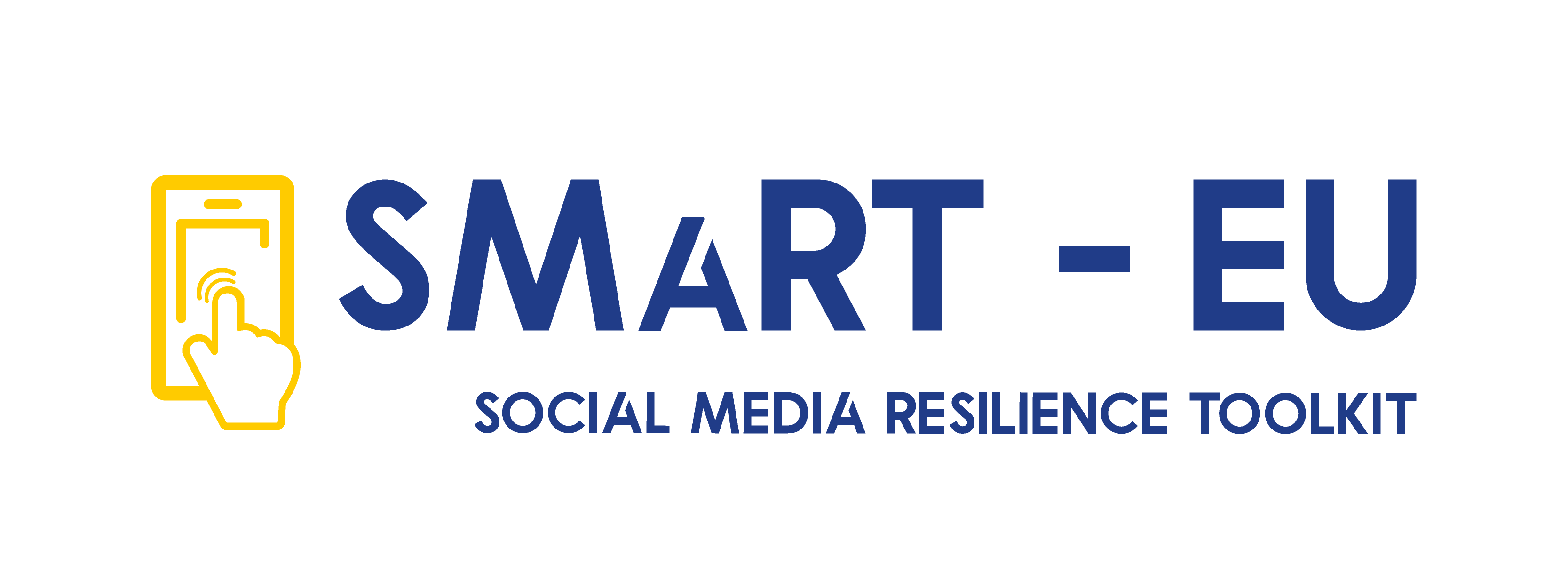Resilience to disinformation and fake news
Today, citizens are highly exposed to large scale disinformation, including false and misleading information, assuming different expressions and conceptualization. As the European Commission states, it is one of Europe’s major challenges.
There is no doubt that digital platforms and services have changed the way we learn, how we relate and inform ourselves. But by opening doors to information, the way is opened for the advancement of various dangers. The spread of news that intentionally deceives readers has become a growing problem and largely affects the functioning of our democracies (see A multi-dimensional approach to disinformation: Report of the independent High level Group on fake news and online disinformation and Flash Eurobarometer 464: Fake News and Disinformation Online). They impact not only how we understand reality, but also how we view the media and how we consume information. As the Reuters Institute Digital News Report 2020 warns, concerns about misinformation increased during the first year of the pandemic crisis.
It is fundamental for citizens to be aware of the dangers (such as propaganda) and to learn how to tackle these misleading information.
